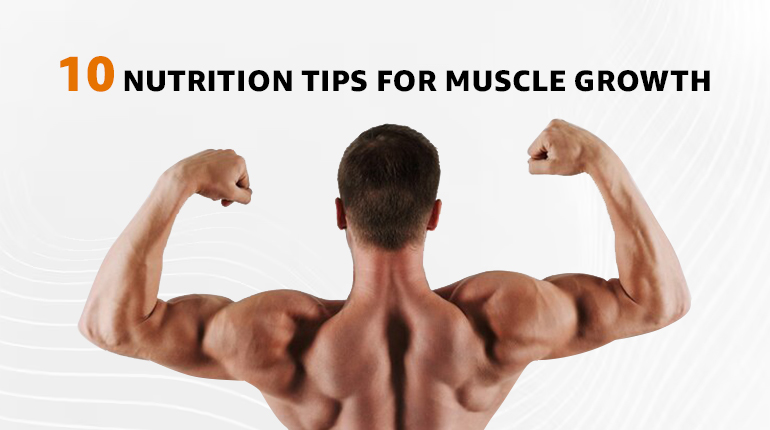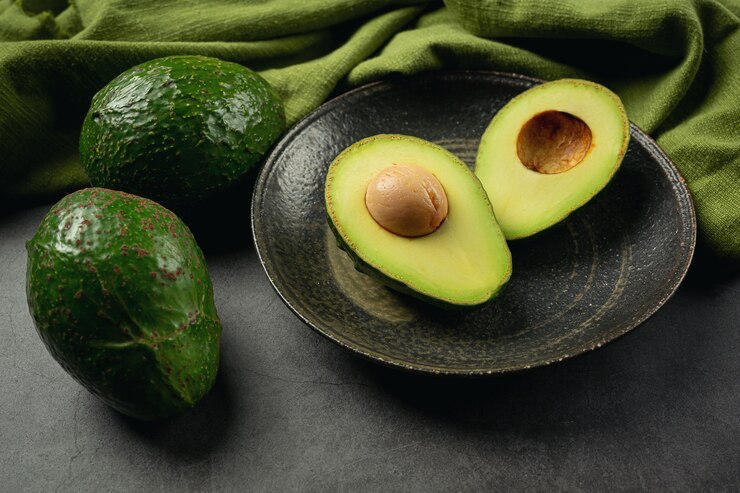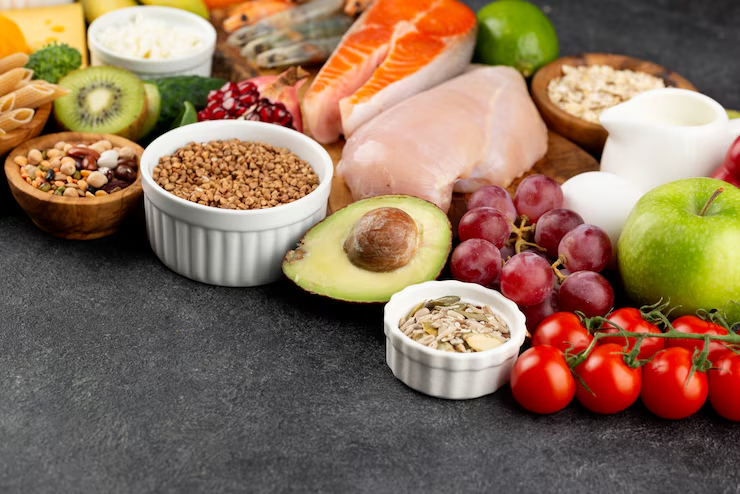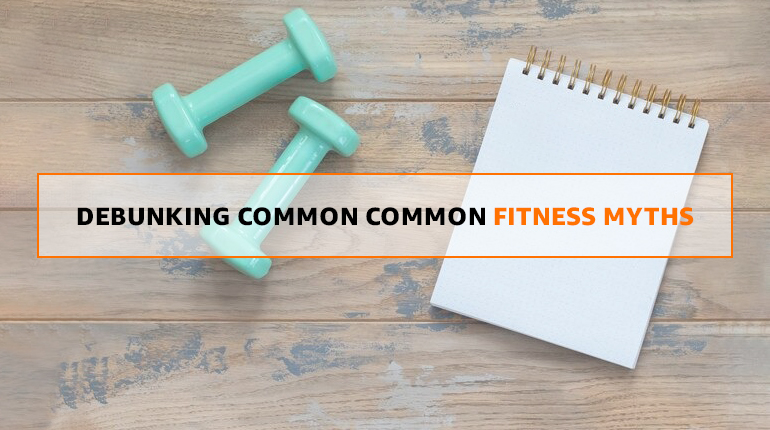10 Tips Boosting Nutrition for Muscle Growth 7 Faster Gains

Building muscle takes dedication in the gym and a well-designed plan outside of it. While lifting weights provides the stimulus for growth, it’s your diet that supplies the building blocks and recovery fuel. So ditch the fad diets and sugary drinks, because for serious muscle gain, you need strategic nutrition for muscle growth.
Here are 10 science-backed tips to fuel your muscles for optimal growth:
1. Prioritize Protein
Protein is the cornerstone of muscle. It provides the amino acids your body needs to repair and rebuild muscle tissue after a workout. Aim for 0.8-1 gram of protein per kg of body weight daily. Spread your intake evenly throughout the day with meals and snacks to keep your muscles constantly supplied with amino acids. Excellent protein sources include lean meats, poultry, fish, eggs, dairy products, beans, lentils, and tofu.
2. Don’t Cut Back on Carbs
Carbs are often demonized, but carbs play a vital role in muscle growth. They replenish glycogen stores in your muscles, which act as your primary energy source during exercise. Complex carbs like whole grains, sweet potatoes, fruits, and vegetables provide sustained energy and essential vitamins and minerals. Aim for 4-6 grams of carbs per kg of body weight daily.
3. Embrace Healthy Fats:

Don’t fear fat! Healthy fats like those found in avocados, nuts, seeds, olive oil, and fatty fish are crucial for hormone production, nutrient absorption, and overall health. They also help you feel satiated and keep you energized throughout the day. Include a moderate amount of healthy fats in your diet, around 0.3-0.5 grams per kg of body weight daily
4. Time Your Meals Strategically
Pre and post-workout meals are critical windows for muscle growth. Aim to consume a meal containing 20-30 grams of protein and 30-40 grams of carbs within 2 hours before your workout. This provides energy for your session and helps kickstart muscle protein synthesis. After your workout, prioritize another meal with similar protein and carb content to replenish glycogen stores and support muscle repair.
Also Read: Big Meals vs. Small Snacks – What Meal Plan is Best for You?
5. Don’t Forget the Micronutrients
Vitamins and minerals play a crucial role in various bodily functions, including muscle growth and recovery. Ensure you’re getting enough vitamins A, C, D, and E, as well as minerals like calcium, magnesium, and zinc. These can be obtained from a balanced diet rich in fruits, vegetables, whole grains, and lean protein sources.
6. Stay Hydrated
Water is essential for every bodily function, including muscle function and recovery. Aim to drink half your body weight in ounces of water daily. This ensures you stay hydrated throughout the day, especially before, during, and after your workouts. When dehydrated, your body’s ability to repair and build muscle tissue diminishes.
7. Embrace Variety

Eating a variety of whole foods ensures you’re getting a complete spectrum of nutrition for muscle growth and optimal health. Don’t get stuck in a rut with the same meals every day. Explore different protein sources, experiment with whole grains, and incorporate a rainbow of fruits and vegetables into your diet.
8. Consider Supplementation
While a well-balanced diet should be your primary focus, certain supplements can support muscle growth. Creatine monohydrate, at a dose of 5-10 grams daily, is one of the most well-researched and effective supplements for increasing muscle mass and strength. Additionally, protein powder, with a serving size of around 20-30 grams, can be a convenient way to boost your daily protein intake, especially if you struggle to meet your needs through diet alone. Always consult with a healthcare professional before starting any supplements.
9. Track Your Progress
It’s essential to track your progress to see what’s working and what adjustments you might need to make. Monitor your weight, body composition, strength gains, and how you feel during workouts. You can also track your calorie and macronutrient intake using a fitness app or a simple journal.
10. Regularity
Building muscle is a marathon, not a sprint. Consistency with your workouts and your diet is paramount. Don’t get discouraged by occasional setbacks. Stick to your plan, make adjustments as needed, and celebrate your progress caused by the changes in your nutrition for muscle growth, along the way.
Also Read: 6 Effective Ways to Take Care of Your Mental Health and Well-being
Remember:
* Consult a doctor or registered dietitian before making significant changes to your diet, especially if you have any underlying health conditions.
* Individual needs may vary. These are general guidelines, and you might need to adjust them based on your specific goals, activity level, and body composition.
Conclusion: Nutrition for Muscle Growth

In conclusion, building muscle is a rewarding endeavor that requires dedication to both your workouts and your diet. By following these science-backed tips, you’ll provide your body with the essential nutrition for muscle growth as well as recovery and repair. Remember, consistency is key. Don’t be discouraged by setbacks, celebrate your progress, and enjoy the journey toward a stronger, healthier you. After all, proper nutrition is the fuel that will take you to your fitness peak.


